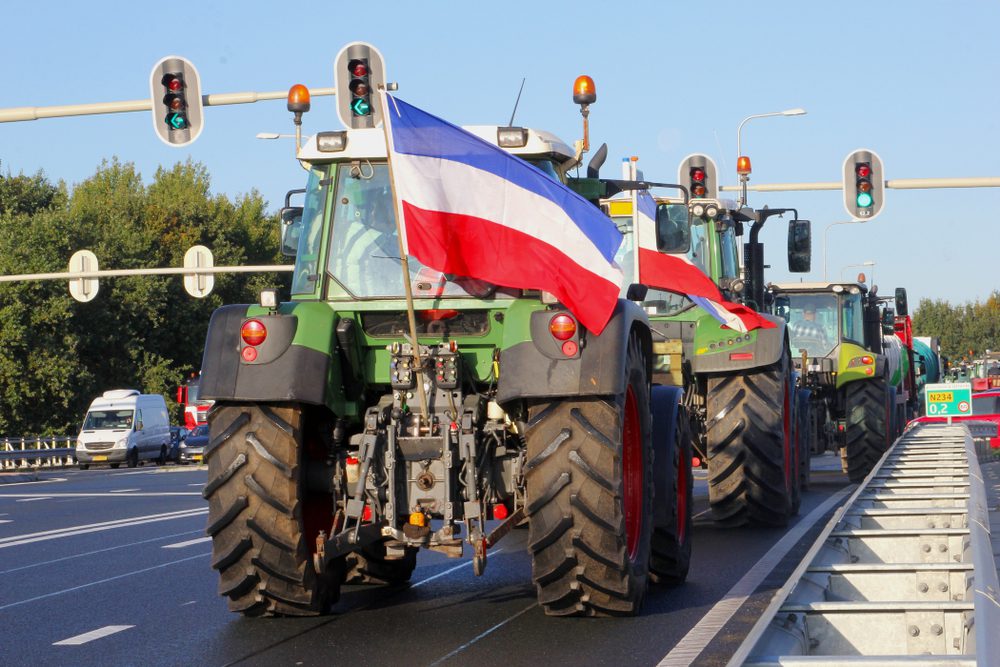
After a Friday June 23rd cabinet meeting, Dutch Minister of Agriculture Piet Adema (CU) announced that the ministers will strike out on their own. The Dutch official’s statement came after LTO, the last—and largest—farmers’ organization pulled out last Tuesday.
“The advantage is that now we do not have to negotiate with all parties [i.e. the farmers], only with the cabinet,” Adema said following deliberations in the minister’s council, adding that it would come up with “its own vision on agriculture, which would also include all the issues that were discussed in the [now defunct] agriculture agreement.”
Adema believes a plan is forthcoming in the immediate future and says he is going “full swing” in the coming period. After months of consultations with the LTO, he believes the building blocks exist for a plan by the cabinet to emerge. “There really was a very good document with good proposals,” he said.
LTO had pulled out because it disagreed with all the demands and found the promises made by the cabinet not concrete enough. “A very wise decision,” remarked Mark van den Voever, leader of farmers’ action group Farmers Defense Force (FDF). In his opinion, “the agricultural agreement should have provided perspective and restoration of trust but was instead full of a lot of extra regulations for farmers. Signing that would have been the downfall of the sector.”
In response to Adema’s announcement, LTO said that the dialogue had not ended. “Perhaps too much was expected from the agriculture agreement,” its press release stated. “Solving everything at once after many decades of backlogs has simply turned out to be too much. Clearing all that takes a longer time. LTO wants to keep talking to politicians, the market and society about how it can be done.”
Governing coalition partner CDA (Christian Democratic Appeal) requested that the cabinet (the executive body of the Dutch government, of which Minister Adema is part) come forward with its own version of the agreement in September, after summer recess has ended. A draft version has already been sent to the Lower House. The plan will detail how the agricultural sector will be reformed up until 2040. The section on the reduction of nitrogen emissions, which was included in the federal government’s coalition agreement, is to be renegotiated among the coalition partners.
The CDA, however, had already indicated that it could no longer accept that section, following this year’s provincial elections which brought massive success to the fledgling agrarian populist BoerBurgerBeweging (BBB).
The CDA has now required three demands be met before renegotiations with its coalition partners can begin: All governments in the provinces must be formed; more clarity needs to be provided on the ever-controversial mandatory farmer buy-outs; an agriculture agreement (absent now, post the LTO’s exit) has to be in place.
Protests are expected next Thursday in the Hague, where the Lower House is due to debate the failed agriculture agreement.
